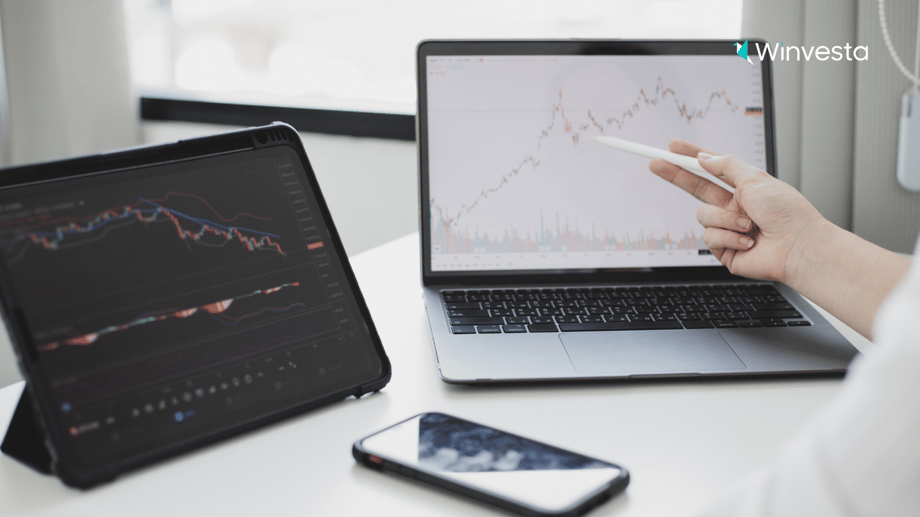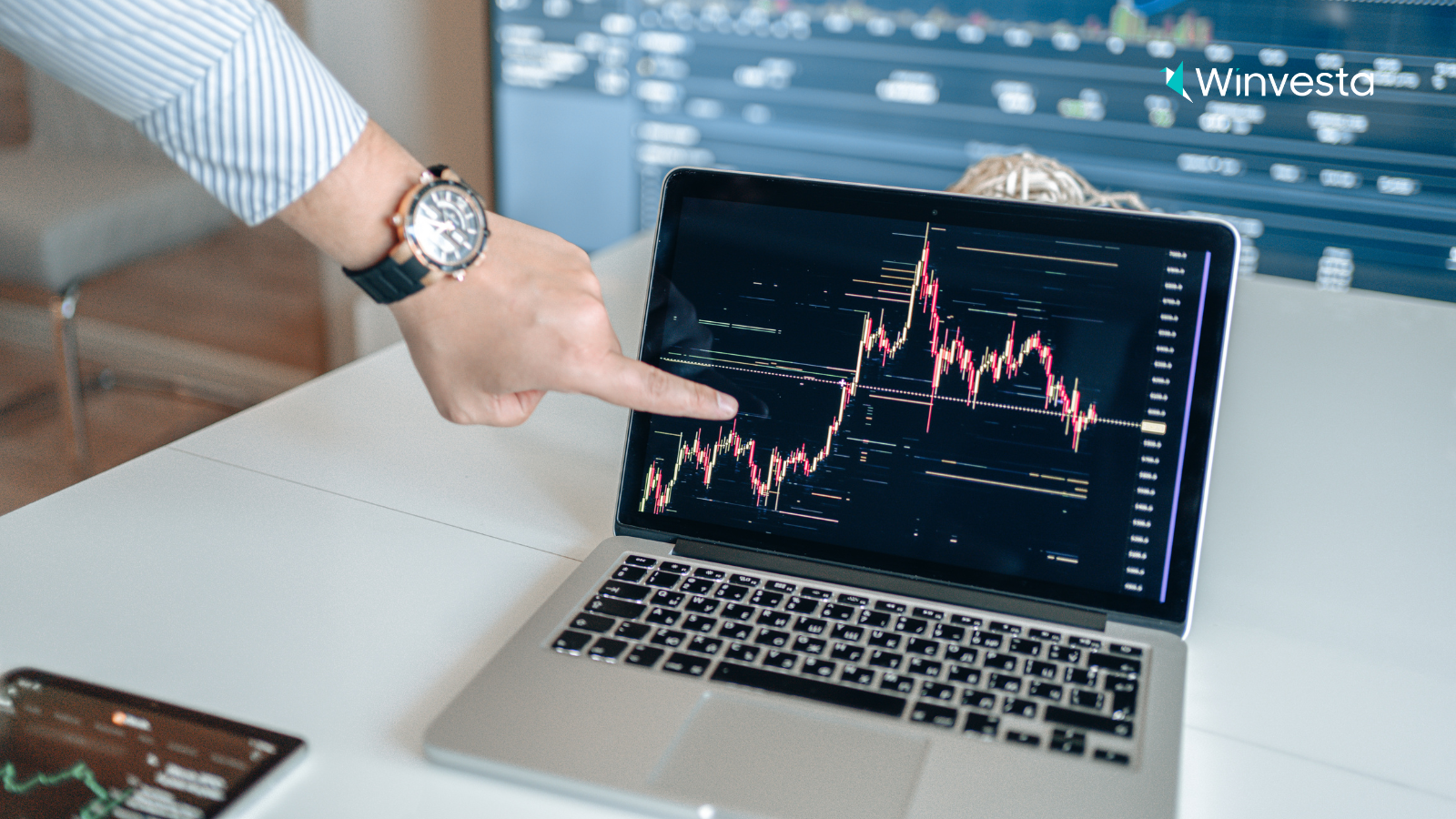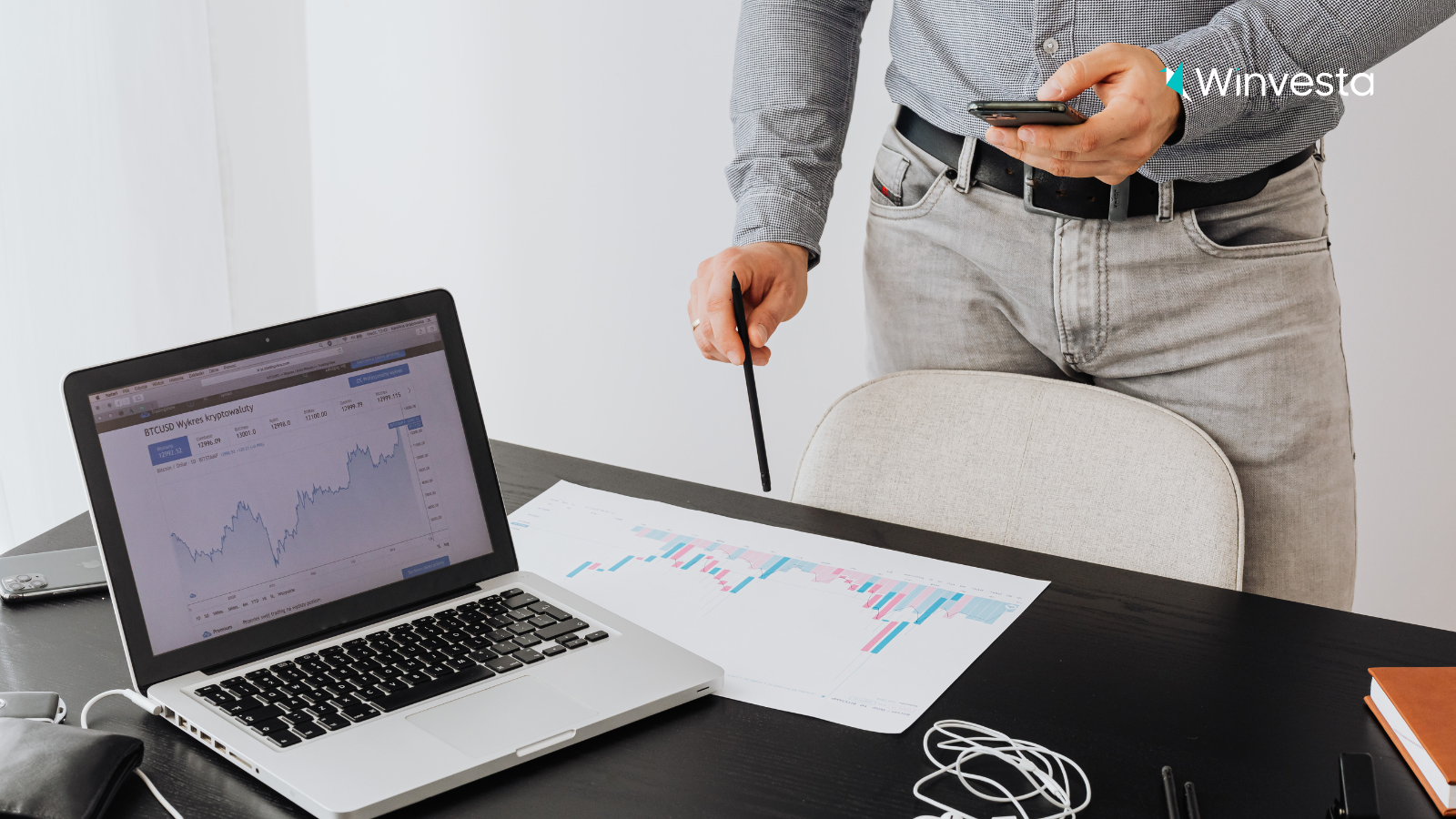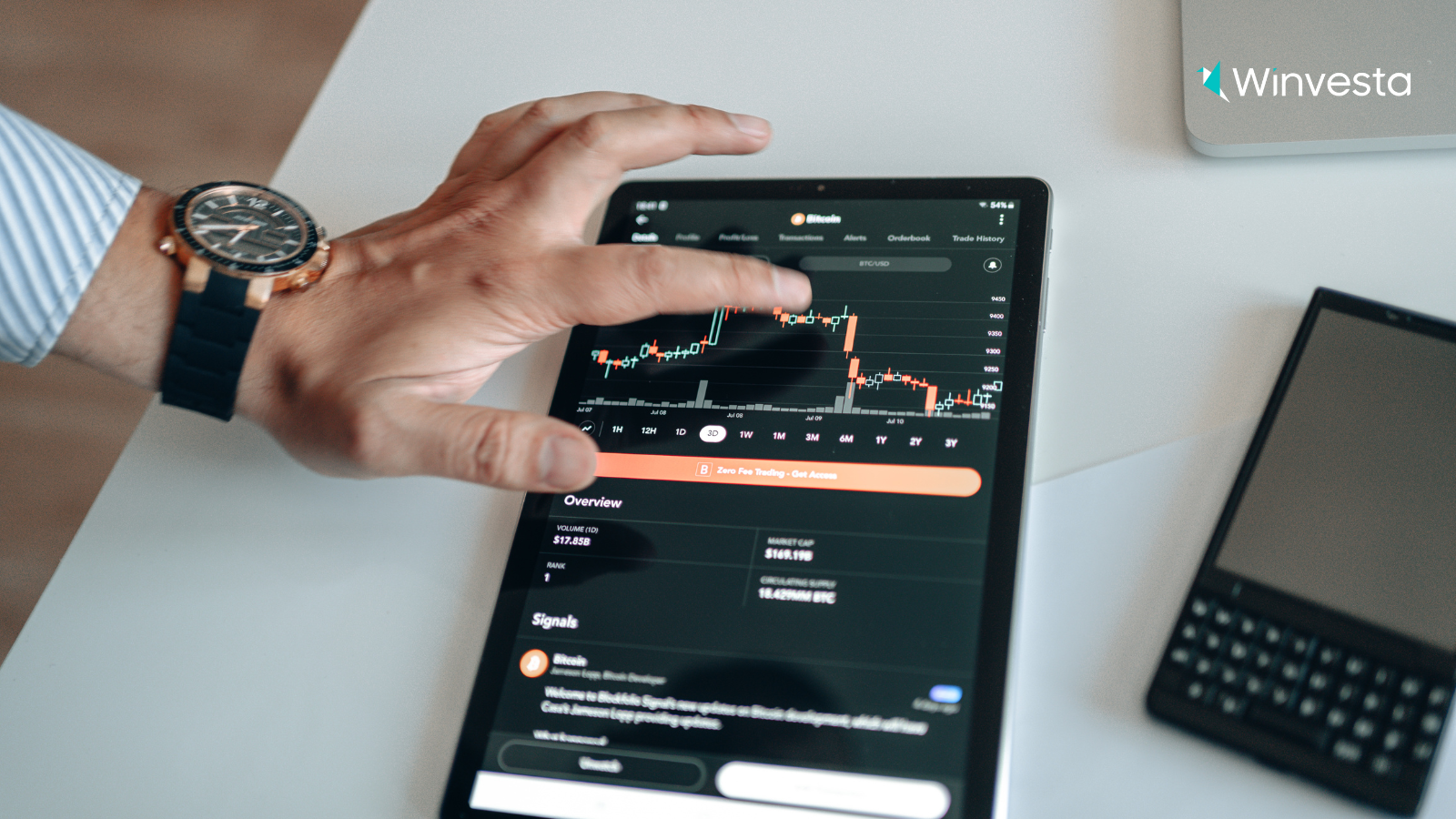Contents
Market mayhem: AI, tariffs, and a bitcoin curveball shake up Wall Street
2 minutes read
30 May 2025

It’s not every week that Wall Street feels like a blockbuster—AI giants shatter records, trade war headlines jolt investors, and even bitcoin makes a surprise rally. This week, the story was told not just in numbers, but in the words of industry leaders and analysts shaping the future.
AI’s moment: Nvidia’s CEO on the new reality
Nvidia’s results set the tone for the week. The company’s revenue soared 69%, powered by relentless demand for AI chips. CEO Jensen Huang didn’t hold back in his assessment of the shift underway. Speaking at the Milken Institute Global Conference, he warned, “You’re not going to lose your job to an AI, but you’re going to lose your job to someone who uses AI.”
Huang’s words echoed across trading floors and boardrooms. He expanded on this theme at Computex 2025, painting a picture of AI as the next essential infrastructure: “AI is now infrastructure, and this infrastructure, just like the internet, just like electricity, needs factories... The generation of AI inference tokens has increased tenfold over the past year, and as AI agents enter the mainstream, the need for AI computing will intensify.”
Nvidia’s performance triggered a rally across the tech sector. The Nasdaq climbed 0.43% to 19,183, while the S&P 500 rose 0.34% to 5,908. Other tech giants—Tesla, Microsoft, Apple, Amazon, Alphabet, and Meta—followed Nvidia’s lead, their shares buoyed by the promise of AI-driven growth.
Huang’s optimism is grounded in more than just hype. He points to the creation of new career paths and industries, “The AI revolution is creating new jobs at higher levels of abstraction and specialisation, involving tasks such as AI training, data labelling, model fine-tuning, and system integration.”
For investors, the AI rally was more than just a headline. If you’d bought Nvidia shares at the start of May, you’d be sitting on a double-digit gain by now..png?width=1600&height=900&name=Us%20stocks%20(69).png)
Tariffs and bitcoin: Inflation risks and digital gold
Yet, the market’s euphoria was tempered by fresh trade war headlines. President Trump’s sweeping tariffs—minimum 10% on all trading partners, with some countries facing even higher rates—are set to take effect, raising the average effective tariff rate from around 10% to just over 23%. Michael Feroli, Chief U.S. Economist at J.P. Morgan, explained the likely impact:
“We estimate that the announced measures could boost Personal Consumption Expenditures (PCE) prices by 1–1.5% this year, and we believe the inflationary effects would mostly be realised in the middle quarters of the year. The resulting hit to purchasing power could take real disposable personal income growth into negative territory in the second and third quarter, and with it the risk that real consumer spending could also contract in those quarters.”
The Federal Reserve’s own research echoes this concern, estimating that a 25% tariff could push up investment goods prices by 9.5% and consumer goods by 2.2% in the near term. These inflation risks are front of mind for policymakers and investors alike.
Meanwhile, bitcoin quietly stole a bit of the spotlight. The digital currency surged past $100,000, with industry experts predicting even higher peaks. Anthony Scaramucci of SkyBridge Capital told Changelly, “Bitcoin could peak at $170,000 within the next year, reflecting confidence in its current growth cycle.”
Marshall Beard, CEO of Gemini Exchange, added, “Bitcoin could rally to $150,000 by the end of the year,”6citing institutional demand and the recent halving event as key drivers.
As the week ended, the S&P 500 marked its fifth straight gain, up 5.3% for the week, even as consumer sentiment hit its second-lowest level on record. The lesson? Wall Street thrives on stories—of innovation, risk, and resilience. And this week, those stories were told loud and clear by the people shaping the future.
Disclaimer: The views and recommendations made above are those of individual analysts or broking companies, and not of Winvesta. We advise investors to check with certified experts before making any investment decisions.



